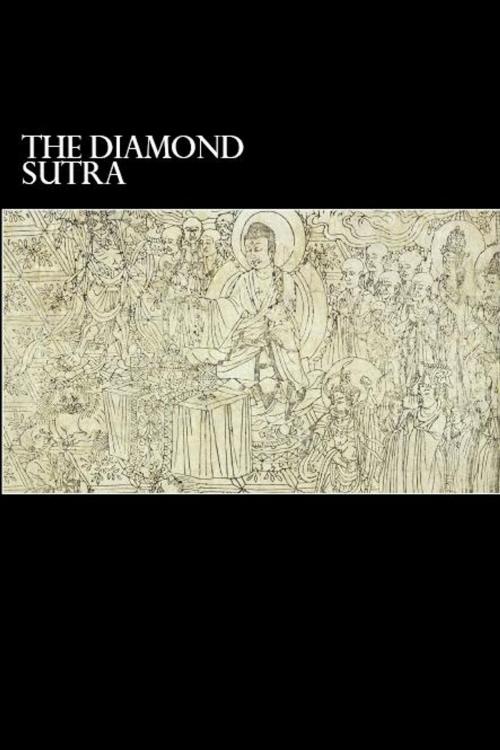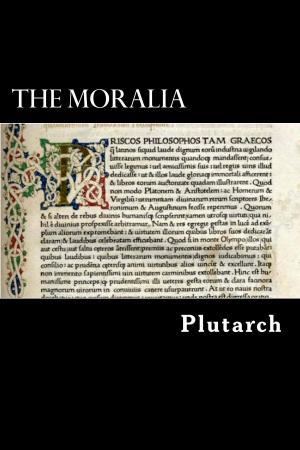The Diamond Sutra
and The Heart Sutra
Nonfiction, Religion & Spirituality, Eastern Religions, Zen Buddhism, Philosophy, Eastern, Buddhism| Author: | Elder Subhuti | ISBN: | 1230000101824 |
| Publisher: | Herne Ridge Ltd. | Publication: | January 24, 2013 |
| Imprint: | Language: | English |
| Author: | Elder Subhuti |
| ISBN: | 1230000101824 |
| Publisher: | Herne Ridge Ltd. |
| Publication: | January 24, 2013 |
| Imprint: | |
| Language: | English |
The Diamond Sutra is a Mahayana sutra from the Prajnaparamita, or "Perfection of Wisdom" genre, and emphasizes the practice of non-abiding and non-attachment. The full Sanskrit title of this text is the Vajracchedika Prajnaparamita Sutra. A copy of the Chinese version of Diamond Sutra, found among the Dunhuang manuscripts in the early 20th century and dated back to May 11, 868, is, in the words of the British Library, "the earliest complete survival of a dated printed book." The first translation of the Diamond Sutra into Chinese is thought to have been made in 401 CE by the venerated and prolific translator Kumarajiva.
Subhuti was one of the Ten Great Sravakas of Sakyamuni Buddha, and foremost in the understanding of emptiness. In Sanskrit, his name literally means "Good Existence". He is also sometimes referred to as or "Elder Subhuti" . He was a contemporary of such famous arhats as Sariputra, Mahakasyapa, Mahamaudgalyayana, Mahakatyayana, and Ananda.
Kumarajiva (334–413 CE) was a Kuchean Buddhist monk from the ancient Buddhist kingdom of Kucha, (now in presenet day Aksu Prefecture, Xinjiang, China) a scholar, and translator. He first studied teachings of the Sarvastivada schools, later studied under Buddhasvamin, and finally became a Mahayana adherent, studying the Madhyamaka doctrine of Nagarjuna. Kumarajiva settled in Chang'an, which was the imperial capital of China. He is mostly remembered for the prolific translation of Buddhist texts written in Sanskrit to Chinese he carried out during his later life.
The Diamond Sutra is a Mahayana sutra from the Prajnaparamita, or "Perfection of Wisdom" genre, and emphasizes the practice of non-abiding and non-attachment. The full Sanskrit title of this text is the Vajracchedika Prajnaparamita Sutra. A copy of the Chinese version of Diamond Sutra, found among the Dunhuang manuscripts in the early 20th century and dated back to May 11, 868, is, in the words of the British Library, "the earliest complete survival of a dated printed book." The first translation of the Diamond Sutra into Chinese is thought to have been made in 401 CE by the venerated and prolific translator Kumarajiva.
Subhuti was one of the Ten Great Sravakas of Sakyamuni Buddha, and foremost in the understanding of emptiness. In Sanskrit, his name literally means "Good Existence". He is also sometimes referred to as or "Elder Subhuti" . He was a contemporary of such famous arhats as Sariputra, Mahakasyapa, Mahamaudgalyayana, Mahakatyayana, and Ananda.
Kumarajiva (334–413 CE) was a Kuchean Buddhist monk from the ancient Buddhist kingdom of Kucha, (now in presenet day Aksu Prefecture, Xinjiang, China) a scholar, and translator. He first studied teachings of the Sarvastivada schools, later studied under Buddhasvamin, and finally became a Mahayana adherent, studying the Madhyamaka doctrine of Nagarjuna. Kumarajiva settled in Chang'an, which was the imperial capital of China. He is mostly remembered for the prolific translation of Buddhist texts written in Sanskrit to Chinese he carried out during his later life.















